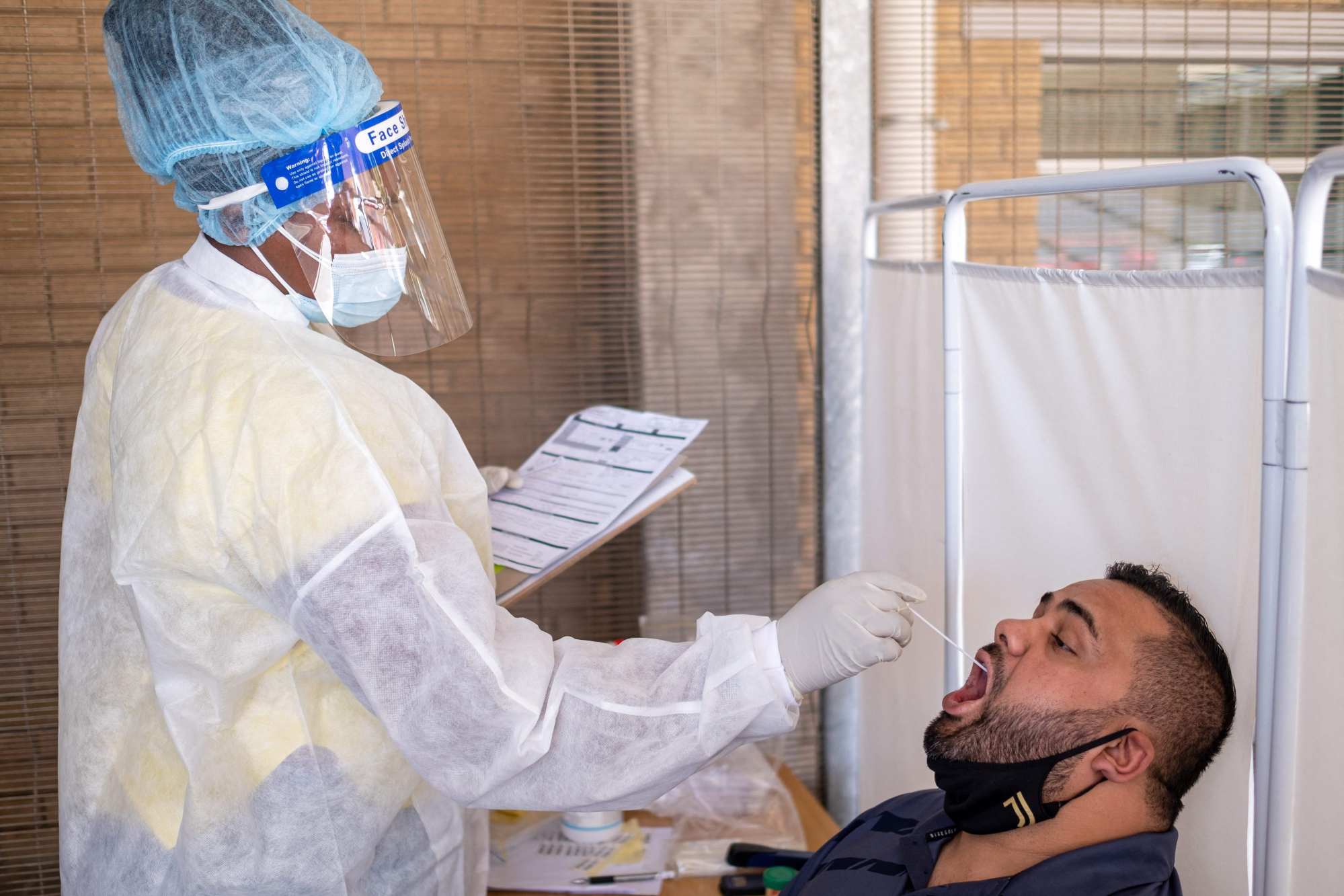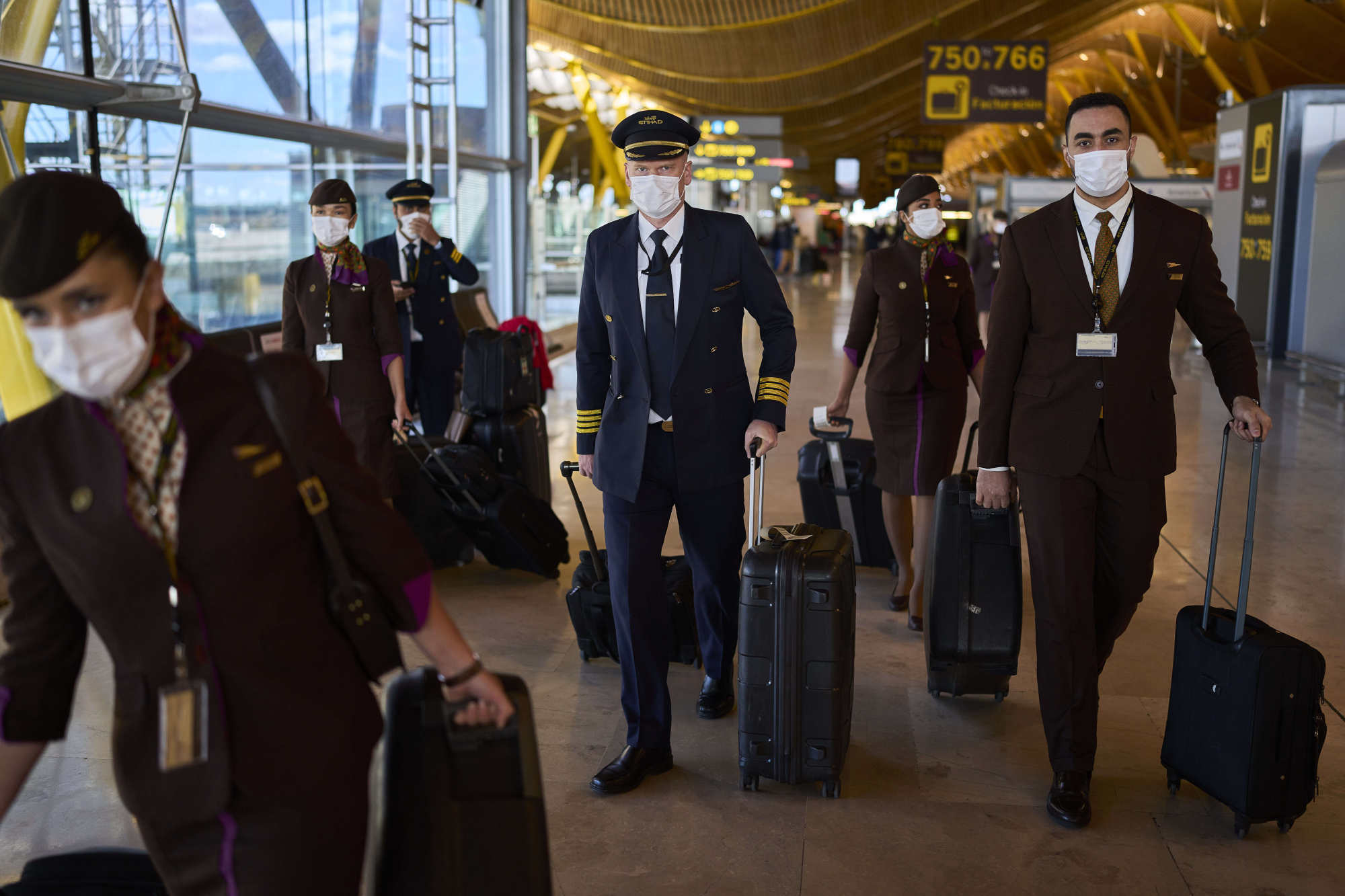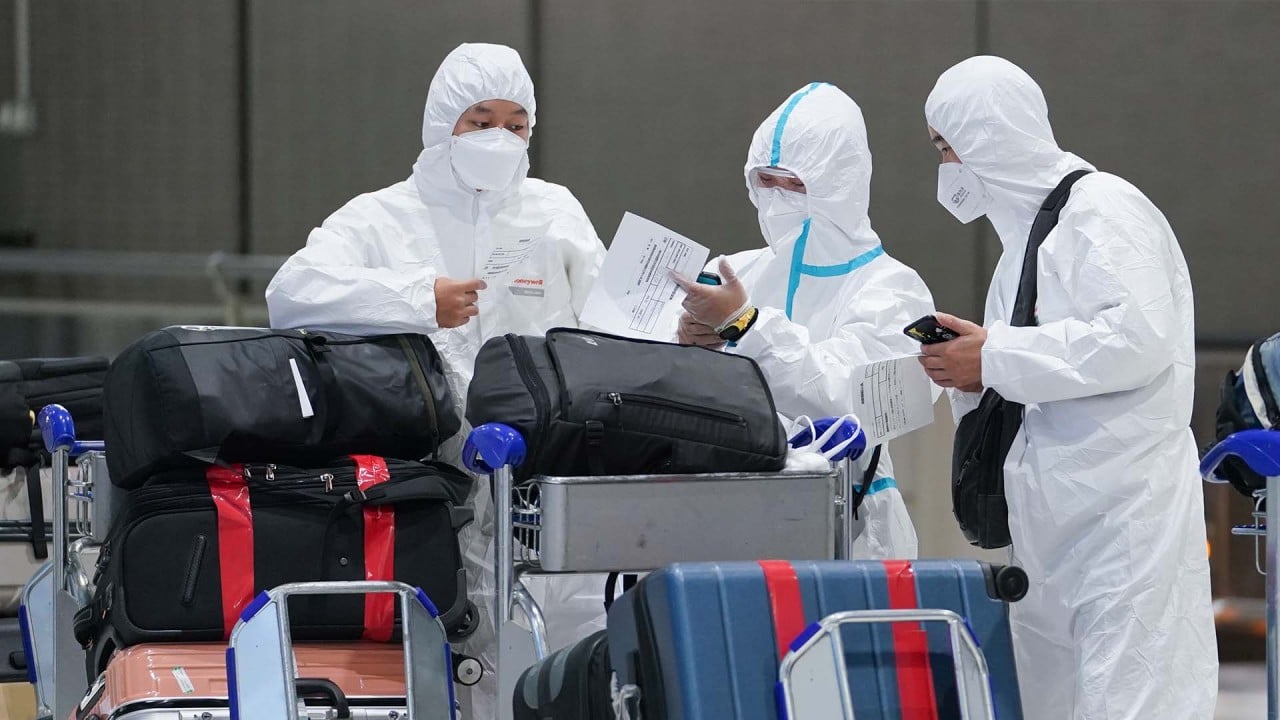
Omicron spreading quicker than all other Covid-19 variants in South African ‘epicentre’
- South Africa says variant is showing ‘strongest acceleration in community transmission ever seen’ in the country as it spreads in Gauteng
- The Omicron mutation is moving so quickly it could account for more than half of Covid-19 cases in Europe in a few months, says health agency
The Omicron coronavirus variant is spreading faster in Gauteng, the epicentre of the latest outbreak in South Africa, than the Delta strain or any of the earlier mutations, an adviser to the provincial government said.
There is the “strongest acceleration in community transmission ever seen in South Africa”, and is “consistent with dominance of a variant that is more transmissible”, Bruce Mellado, the adviser, said in a presentation on Thursday.
South Africa announced the discovery of a new variant, later named Omicron, on November 25 as cases began to spike and the strain spread across the globe. National daily cases almost doubled on Wednesday, days after countries across the world halted flights to and from southern Africa.
Still, previous infections and the fact that about a quarter of South Africans are fully vaccinated may blunt its impact, Mellado said. He uses modelling to predict the trajectory of infections.
Government scientists and actuaries at private companies have estimated that between 60 per cent and 80 per cent of South Africans were infected in earlier waves of the virus.
“Omicron seems to be moving at a faster speed than Delta, but at the same time what seems to be happening is that our hospitalisation rate is somewhat more muted,” said Shabir Madhi, a vaccinologist at the University of the Witwatersrand.

“I’m optimistic that in this resurgence, while the total number of cases will probably be greater, hospitalisations and deaths will be lower.”
While previous infections and vaccinations may prevent serious illness, authorities have noticed higher level of “reinfections”, which means “susceptibility of the population is greater,” Anne von Gottberg, a clinical microbiologist at South Africa’s National Institute for Communicable Diseases, said during a World Health Organization briefing on Thursday.
Scientists call on world to help Africa with Covid-19 vaccines
Active cases in Gauteng will likely peak in coming weeks at about 40,000, as opposed to more than 100,000 during the third wave in the middle of this year, Mellado said. Hospitalisations due to Covid-19 will likely rise to about 4,000 compared with 9,500 in the third wave, he said.
A quarter of South Africa’s 60 million people live in Gauteng, the province that includes Johannesburg and the capital Pretoria.

Meanwhile, the Omicron variant is spreading so quickly that it could account for more than half of Covid-19 cases in Europe in a few months, a key European health agency said on Thursday.
The European Centre for Disease Prevention and Control said its estimate was based on preliminary data from South Africa and the variant’s characteristics still need further study before drawing any firm conclusions.
Globally, there are at least 352 confirmed cases in 27 countries, including 70 cases in 13 European countries, according to public reports the ECDC compiled for its latest threat assessment.
The agency said that travel restrictions applied to southern Africa should be reassessed regularly and may become ineffective over the next few weeks as the variant continues to spread.
“Given the increasing number of cases and clusters in the EU/EEA without a travel history or contact with travel-related cases, it is likely that within the coming weeks the effectiveness of travel-related measures will significantly decrease, and countries should prepare for a rapid and measured de-escalation of such measures,” the agency said.
The ECDC also said the variants mutations may reduce the effectiveness of current antibodies induced by vaccination or infection, but more data is needed.


